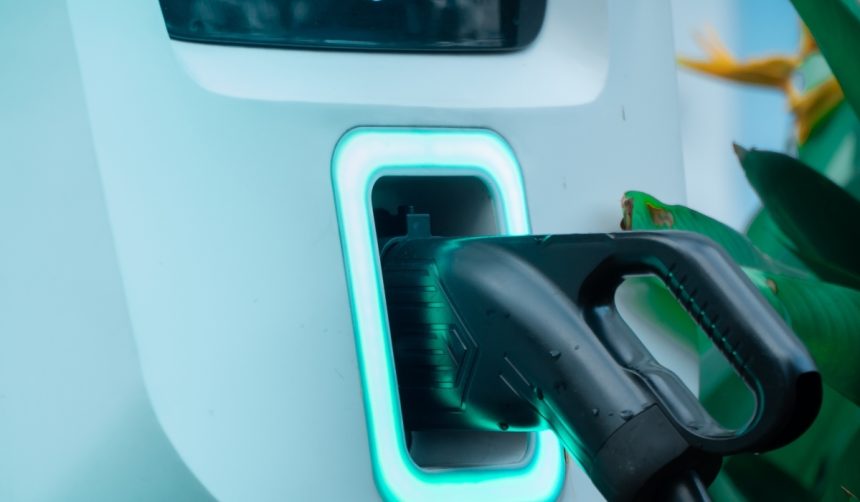A tragic incident involving a Tesla Cybertruck occurred outside the Trump Las Vegas hotel, leading to the loss of one life and injuring seven others. The explosion has raised concerns about vehicle safety and the potential misuse of rental vehicles for nefarious purposes. Emergency responders rushed to the scene following reports of the explosion, and investigations are currently underway to determine the exact cause.
Previous incidents involving electric vehicles have often centered around battery malfunctions or crashes. However, this event marks a significant deviation, with speculations pointing towards intentional sabotage. Such occurrences highlight the evolving challenges in ensuring the security and safety of advanced automotive technologies in public spaces.
Musk’s Initial Comments
Elon Musk addressed the situation on platform X, assuring the public that Tesla’s senior team was actively investigating the explosion. He emphasized Tesla’s commitment to understanding the incident thoroughly.
The whole Tesla senior team is investigating this matter right now.
Will post more information as soon as we learn anything.
We’ve never seen anything like this.
Tesla’s Preliminary Findings
In subsequent communications, Musk revealed that the explosion was traced back to large fireworks or a bomb placed in the Cybertruck’s bed. He clarified that the vehicle itself showed no faults or malfunctions at the time of the incident. Additionally, it was confirmed that the Cybertruck was a rental unit obtained through Turo, a peer-to-peer car sharing service.
We have now confirmed that the explosion was caused by very large fireworks and/or a bomb carried in the bed of the rented Cybertruck and is unrelated to the vehicle itself.
All vehicle telemetry was positive at the time of the explosion.
Investigations Point to Terrorism
Authorities are treating the explosion as a potential act of terrorism, especially given the similarities to a previous incident involving a rented F-150 in New Orleans. Musk speculated on possible connections between the two events, suggesting coordinated efforts to misuse rental vehicles for explosive purposes.
Appears likely to be an act of terrorism.
Both this Cybertruck and the F-150 suicide bomb in New Orleans were rented from Turo. Perhaps they are linked in some way.
In light of these developments, it is crucial for rental platforms like Turo to enhance their security measures to prevent the misuse of vehicles. The incident underscores the importance of thorough background checks and monitoring to ensure that rented vehicles are not exploited for harmful activities. Moving forward, collaboration between automotive companies, rental services, and law enforcement agencies will be essential in mitigating such threats.
Enhancing vehicle security protocols can help prevent future incidents. Rental platforms must implement stricter verification processes. Collaboration among stakeholders is key to ensuring public safety.










